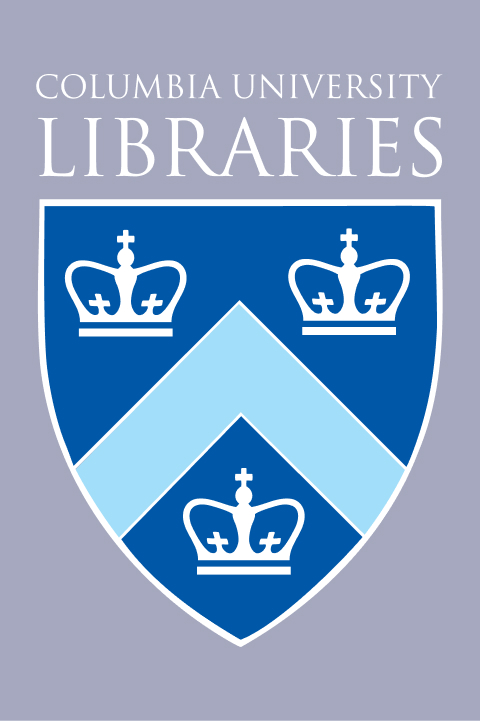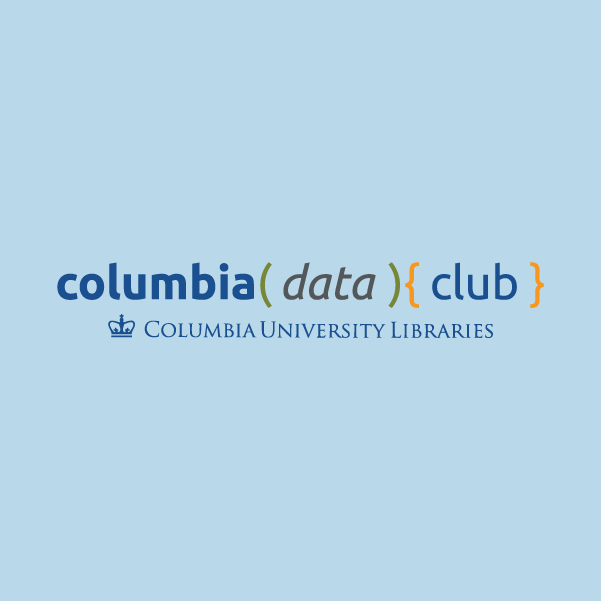Research Data Services
We help researchers across Columbia find, evaluate, understand, steward, and use a range of statistical, geospatial, and textual data. Our expert staff provide training and consultation around a number of tools for analyzing, visualizing, and managing data.

Eric Glass
GIS/Metadata Librarian
- Digital Scholarship

Jeremiah Trinidad-Christensen
Head, Research Data Services
- Digital Scholarship

Moacir P. de Sá Pereira
Research Data Librarian
- Digital Scholarship

Wei Yin
Research Support & Data Services Librarian
- Digital Scholarship
- Consultations: Please read the Consultation Guidelines before you Schedule a Consultation.
Consultants can help you with data preparation, to work with data, and with instruction. Consultations cannot help with homework assistance or provide tutoring. - Schedule an Instruction Session
- Recommend a Data Set for the Libraries collections
- Join Data Club
Collaborate with Us:
- We can partner with you to lead, teach, or co-teach a workshop or a series of workshops that involve our areas of expertise.
- We can collaborate with you on the publication of datasets for inclusion in the geospatial or numeric data catalogs, e.g., Frances Pritchett Colonial Maps of South Asia Collection.
Loading...

Working with Repetitive Data Tasks in R
Spring 2026 Data Club recap: Tips on how to avoid repetitive tasks in R. Data Club, provided by the Libraries' Research Data Services, offers strategic lessons and a supportive meeting space for the Columbia community to learn, share, and implement tools for data-driven projects.

Working with Large Datasets in R
Spring 2026 Data Club recap: Tips for working with large datasets in R. Data Club, provided by the Libraries' Research Data Services, offers strategic lessons and a supportive meeting space for the Columbia community to learn, share, and implement tools for data-driven projects.

Starting a Python Research Project in 2026
Spring 2026 Data Club recap: Learn how to structure a research project with uv. Data Club, provided by the Libraries' Research Data Services, offers strategic lessons and a supportive meeting space for the Columbia community to learn, share, and implement tools for data-driven projects.